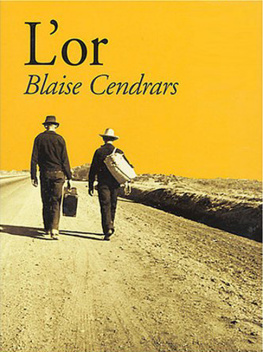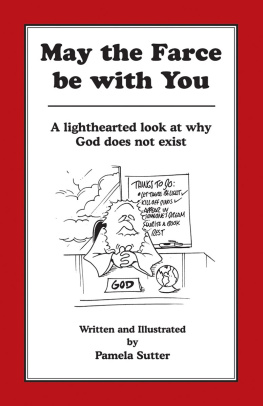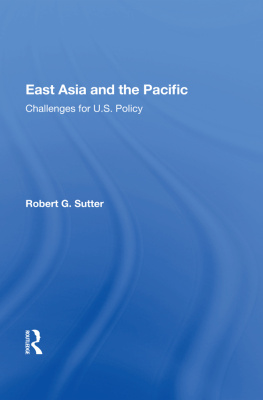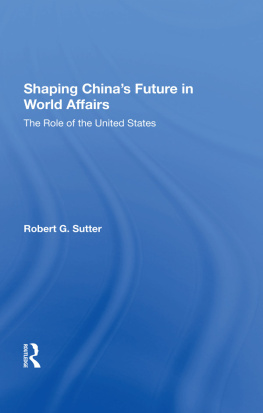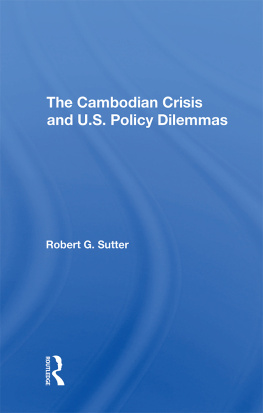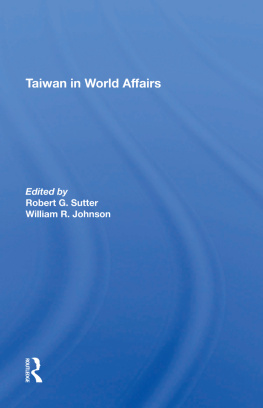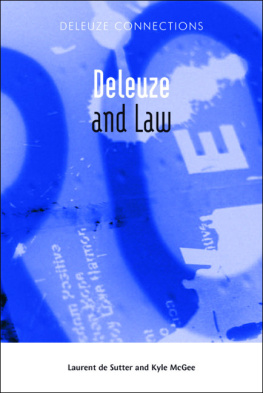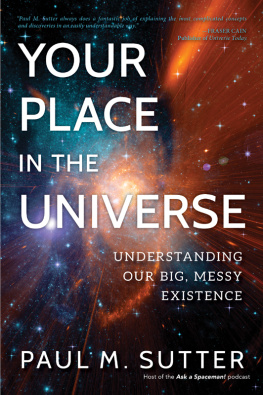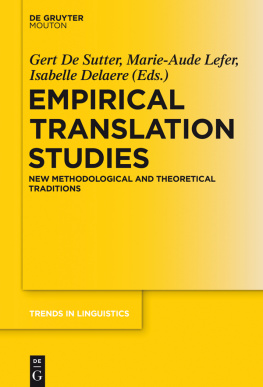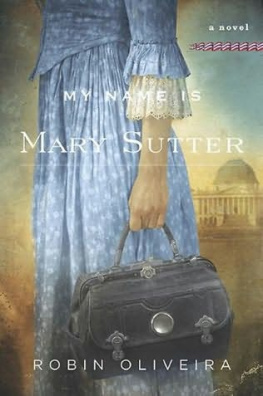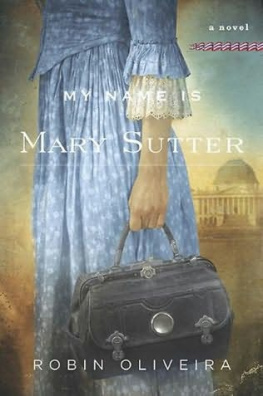28
And all this is triggered off by the simple blow of a pickaxe.
These stampeding mobs of people. First, they come from New York and all the ports on the Atlantic coast, and then, immediately afterwards, from the hinterland and the Middle West. It is a veritable flood. Men pack themselves into the holds of steamers going to Chagres. Then they cross the isthmus, on foot, wading through the swamps. Ninety per cent of them die of yellow fever. The survivors who reach the Pacific coast charter sailing-ships.
San Francisco! San Francisco!
The Golden Gate.
Goat Island.
The wooden wharves, the muddy streets of the nascent town, which are paved with sacks full of flour.
Sugar costs five dollars, coffee ten, an egg twenty, an onion two hundred, a glass of water a thousand. Shots ring out and the 45 revolver does duty for a sheriff. And behind this first human wave come more, and still more, hurling themselves in a great tide, and coming now from much further away - from the shores of Europe, Asia, Africa, from North and South.
In 1856, more than six hundred ships enter the Bay; they disgorge an endless stream of people who instantly throw themselves into the search for gold.
San Francisco! San Francisco!
And another magic name: SUTTER.
The name of the workman who struck that famous blow with the pickaxe is not widely known.
It was James W. Marshall, a carpenter by trade and a native of New Jersey.
29
John Augustus Sutter, not merely the first American millionaire, but the first multimillionaire in the United States, is ruined by that blow of the pickaxe.
He is forty-five years old.
And after having ventured all, risked all, dared all and created for himself a way of life, he is ruined by the discovery of gold-mines on his lands.
The richest mines in the world.
The fattest nuggets.
The end of the rainbow.
30
But let us hear from John Augustus Sutter himself.
The following chapter is copied from a thick book whose parchment covers bear traces of fire. The ink has faded, the paper has yellowed, the spelling is shaky, the handwriting full of flourishes and curlicues; it is difficult to decipher, the language is full of idioms, phrases of Basle dialect and Amerenglish. While the hand that wrote it is touchingly awkward and full of hesitations, the narrative itself is told directly, simply, even stupidly. The writer has not one word of complaint, he confines himself to narrating the events, enumerating the facts just as they happened. He does not exaggerate in the slightest degree.
I humbly translate:
31
'Towards the middle of January 1848, Mr Marshall, the carpenter from New Jersey who is building my mills, was working on the new sawmill at Coloma, high up in the mountains, fifty miles distant from the fort. Once the framework had been erected, I sent Mr Wimmer and his family up there, together with a number of workmen; Mr Bennett, from Oregon, accompanied them to oversee the installation and setting-up of the machinery. Mrs Wimmer did the cooking for the whole party. I still required a sawmill as I was short of planks for my large steam-mill, which was also under construction, at Brighton. The boiler and machinery for this had just arrived after a journey of eighteen months. God be praised, I had never expected to see a successful outcome to this enterprise, and all the oxen survived, thank the Lord. I also needed planks for the construction of other buildings and especially for a stockade around the village of Yerba Buena, at the far end of the bay, for there are now many vessels in the harbour and the crews are wild and unruly, given to looting, so that much of the livestock and provisions disappear, one knows not how.
'It was on a rainy afternoon. I was sitting in my room at the fort writing a long letter to an old friend in Lucerne. Suddenly Mr Marshall burst into the room. He was drenched to the skin. I was very surprised to see him back already, for I had just sent a wagon loaded with foodstuffs and scrap iron up to Coloma. He said he had something very important to tell me and that he wanted to communicate it to me in the utmost secrecy; he begged me to conduct him to some isolated place, far from any possibility of being overheard or surprised by some indiscreet person. We climbed to the top storey, as he kept insisting that we must shut ourselves away in a remote chamber, even though there was nobody else at the ranch except my bookkeeper, who was downstairs in his office. Marshall asked me for something, I believe it was a glass of water, and I went down to fetch it for him. When I came up again, I forgot to lock the door behind me. Marshall had just that moment taken a rag out of his pocket, and was in the process of showing me a lump of some yellowish metal that he had wrapped up in it, when my bookkeeper came into the room to ask me for some information. Marshall quickly hid the metal in his pocket. The bookkeeper apologized for disturbing us and left the room. "For God's sake, didn't I tell you to lock the door?" cried Marshall. He was beside himself and I had a hard time calming him down and convincing him that the bookkeeper had merely come in on business and not with the object of surprising us. This time, we bolted the door and even pushed a cupboard against it. And Marshall again took out the metal. He had several little grains of it, each weighing about four ounces.He told me he had said to the workmen that it might be gold, but they had all laughed at him and taken him for an idiot. I tested the metal in aqua regia, then I read the entire article on GOLD in the Encyclopaedia Americana. Thereupon, I announced to Marshall that his metal was gold, virgin gold.
'The poor boy almost went crazy. He wanted to jump on his horse at once and rush back to Coloma. He begged me to accompany him, post-haste. I pointed out that it was already dusk and that it would be better to spend the night at the fort. I promised to go with him the following morning, but he would not listen to reason and set off hell-for-leather shouting: "Come tomorrow, come early!" The rain was falling in torrents and he hadn't even stopped for a bite to eat.
'Darkness came down abruptly. I went back into my room. I was certainly not indifferent to this discovery of gold in the stream, in the foundations of my sawmill, no, indeed, but, like all the ups and downs of fortune in my life, I took it with a certain amount of detachment; nevertheless, I could not sleep that night, I was picturing to myself all the dire consequences and fatal repercussions that this discovery might have for me, but never for one moment did I imagine it would bring my New Helvetia to ruin! Next morning, I gave detailed instructions to my various work-crews and left at 7 a.m., accompanied by several soldiers and a cowboy.
'We were half-way up the winding track that leads to Coloma when we came across a riderless horse. A little higher up, Marshall emerged from the undergrowth. He had been halted by the storm and hadn't been able to go any further during the night. He was perished with cold and half dead from hunger. However, his exaltation of the previous evening had not subsided.
'We went on up the track and arrived at this famous El Dorado. The weather had cleared up a little. That evening, we made a tour along the banks of the canal; the rain had swollen the waters and both sides were awash. I operated the sluices, the canal emptied instantly and we went down into the bed to search for gold. We found plenty of small particles and several workmen even handed me small nuggets. I told them I would have a ring made from this gold as soon as it became possible to have this done in California and, in fact, I did have this ring made, much later, in the form of a signet-ring; in default of a family crest, I had my father's printer's mark engraved on it, a phoenix being consumed in the fire, and inside the ring was the following inscription:

